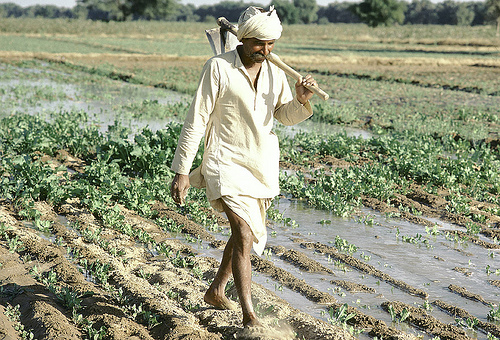Fewer than one in five smallholder farmers have agricultural insurance. Some 270 million small farmers in developing countries require coverage for about $80 billion in farm inputs (and even more for their labor and harvest value). That represents an annual premium value of between $8 billion and $15 billion, according to a landscape analysis from ISF Advisors (formerly the Initiative for Smallholder Finance).
- Risking prosperity. Small farmers on small plots are subject to health shocks, market fluctuations, severe weather and pests. Such risks limit income and economic advancement by causing farmers to underinvest in their own productivity, including in seeds, mechanization and irrigation. “Without adequate access to financial services— both credit and risk-management options— farmers simply do not make these investments,” write the authors.
- Swiss-based Pula is among the companies tapping the large, and largely unserved, market for smallholder-friendly agricultural insurance. Backed by Accion Venture Lab, Omidyar Network and a half dozen other investors, Pula has insured more than 600,000 small farmers in Kenya, Rwanda, Uganda, Nigeria, Ethiopia and Malawi for their seeds, fertilizer, credit and other farm inputs. Automatic payments are based on satellite and yield data.
- New models. Advancements in tech, data and computer modeling are eliminating the costs of in-person farm visits by shifting to index-based products based on weather, satellite and area-yield data. Caveat: These new products “can be limited by their reliance on technology and skills that are difficult or impossible to access in some geographies.”











